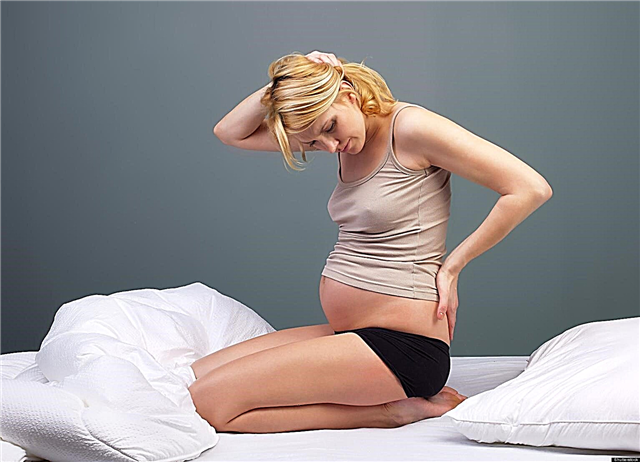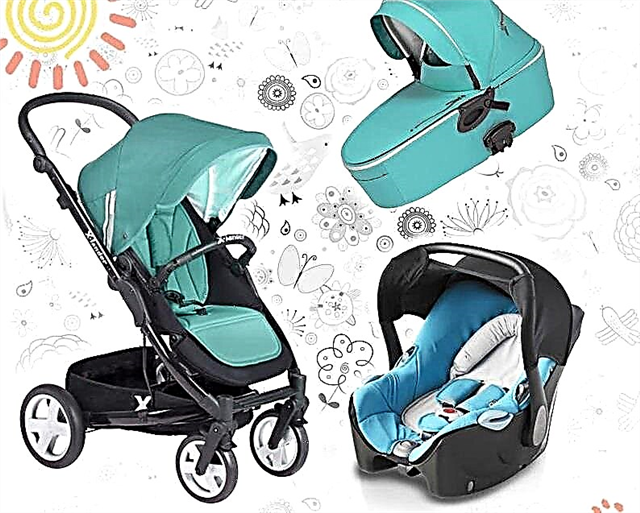In 90% of cases, vacation with children is not as smooth as originally planned. The idyllic picture of a tanned child playing on the shores of an endless sea is often inaccessible. Parents do not take into account all the nuances of the transformations taking place in the child's body when climatic conditions change. So what can you do to make your child's vacation an extremely enjoyable experience? How not to damage the health of the baby and his nervous system and completely relax the whole family?
Features of the work of children's immunity during climate change
The main mistake of parents who planned to spend a vacation with children is the choice of exotic regions, where the climate is significantly different from the usual.
The location for a vacation with a child should be chosen within your latitude, and the Mediterranean climate zone is perfect for this.
Another mistake parents make is the habit of rushing. And this is unusual for a child's body. The child undergoes acclimatization in about 12 to 16 days, while the vacation usually lasts about 10 to 12 days. As a result, as soon as the child begins to adapt to new climatic conditions, he returns home, and then the process of reverse acclimatization begins.
In this regard, do not be surprised by SARS, flu and bronchitis, which are expecting a child after a vacation. This trip is more detrimental than good, so the vacation should be planned for at least three weeks.
There is a principle: the further you take the child, the longer acclimatization takes. Therefore, it is very important that you choose a nearby area for families with small children.
The train is considered an excellent means of transport for traveling with children. An airplane is a very strong load for a child's body, since it crosses different climatic zones for a short period of time, and it is very difficult for the body to withstand it. Traveling by train contributes to the gradual adaptation to the new climate.
On the first day of arrival, swimming in the sea is not recommended for the baby; it is better to wait a day or two until the child adapts to different air and other conditions. Take a walk with your child throughout the territory, go around the neighborhood.
Preparing the child's body for acclimatization
Before traveling, the child must take a complex of vitamins - C, E and A. If the child does not have allergies, include garlic, black currant, pomegranate, cranberries in his menu.
Acclimatization phases
Acclimatization is a kind of mechanism that helps the body adapt to temperature characteristics and climatic conditions.
The acclimatization process involves going through several stages:
 Initial, or tentative phase. At this stage, the child's body is exposed to a very large flow of new information, receiving impulses from the environment. Just at this time, he is just preparing for acclimatization. The first couple of days are often asymptomatic.
Initial, or tentative phase. At this stage, the child's body is exposed to a very large flow of new information, receiving impulses from the environment. Just at this time, he is just preparing for acclimatization. The first couple of days are often asymptomatic.- High reactivity stage. The child's health worsens, the body responds to adaptation. This is one of the most difficult phases.
- Leveling phase based on the slow stabilization of body functions.
- Final phase. The child is finally acclimatized, the phase can last for several months or even years. This is typical for people who have changed their place of residence.
Acclimatization symptoms
It must be remembered that each child exhibits acclimatization symptoms individually.
As a rule, the following symptoms appear in young children - stupor, apathy, insomnia, nausea, vomiting, dizziness, decreased immunity, surges in blood pressure. The baby has fear and anxiety, tearfulness, moodiness and irritability. Symptoms are similar to colds - there is a sore throat, runny nose, fever.
Ways to make it easier for a child to acclimatize
Remember that acclimatization symptoms last up to two weeks, so you need to plan a long vacation with your child.

- If your child is less than three years old, try to choose resorts in a close climatic zone. In case of crossing several time zones, it is necessary to prepare and change the child's regimen.
- So that the child does not have problems with the digestive tract, and they often occur, be careful about nutrition. Do not let your child taste exotic fruits, vegetables, dishes. Choose your child's daily dietary habits.
- One of the important sources to help cope with the adaptation process is water. It will help the body overcome all obstacles.
Use only bottled water to avoid poisoning your child.
- On vacation, do not give your child preventive medications, because the medication during acclimatization generates unexpected body reactions, and this can ruin the whole vacation.
- Don't forget about warm clothes. The climatic conditions are different, it can be hot during the day, and in the evening it is already cool, the child can freeze and catch a cold.
- Children are advised to stay in the sun before 11 am and after 4 pm. Beware of air conditioning, cold drinks. Be sure to use sunscreen even when the sun is hiding behind clouds. The duration of a child's stay in the sun on the first day of rest should not exceed 3 minutes, and the time can gradually increase to 20 minutes a day. The first time the child should be in the water for a short time. You can gradually lengthen the time.
Do not forget that the child can get burned not only from the sun's rays, but also from the sand, which is very hot for the child's sensitive skin. Therefore, you should take care of children's shoes and beach clothes in advance.
- When the child returns home, the reverse acclimatization process begins. The child's body must get used to the home climate, from which he began to move away. Do not overload your child physically and mentally for the first two weeks after returning home.
- Before heading to an area with a different climate, it is advisable to consult a pediatrician.
You should be aware that even if the child does not develop symptoms of adaptation, he is still undergoing a lot of changes. When the child adjusts, he decreases activity, physical and mental. But we must understand that acclimatization is good for a child. If he overcomes this difficult biological process, the body is rewarded with new abilities and improved quality of adaptation to different conditions. Acclimatization equals hardening. Each time it will be easier for the child to adapt to new conditions.
Article rating:

 Initial, or tentative phase. At this stage, the child's body is exposed to a very large flow of new information, receiving impulses from the environment. Just at this time, he is just preparing for acclimatization. The first couple of days are often asymptomatic.
Initial, or tentative phase. At this stage, the child's body is exposed to a very large flow of new information, receiving impulses from the environment. Just at this time, he is just preparing for acclimatization. The first couple of days are often asymptomatic.

